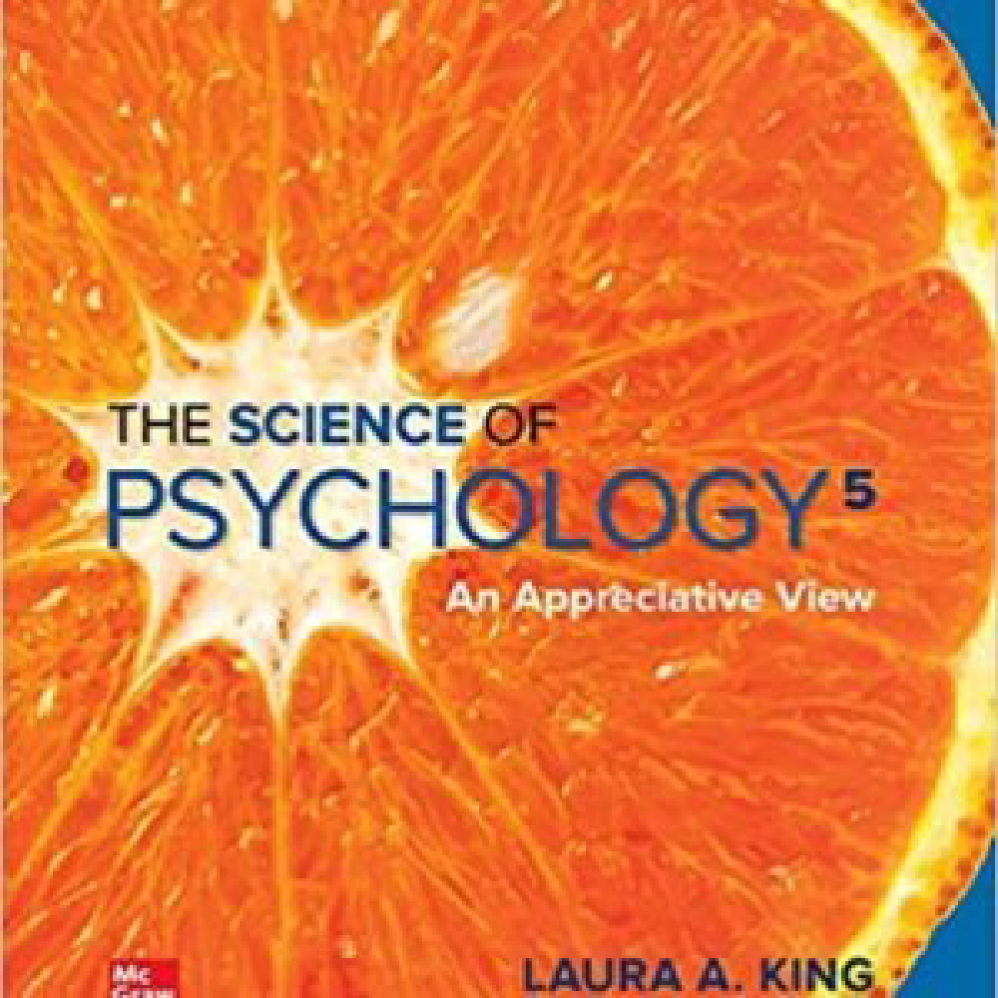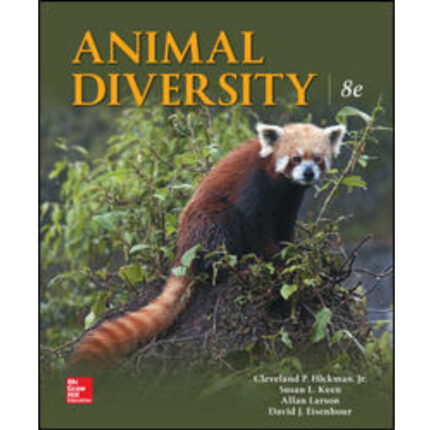Chapter 11
Test Bank
- ________ refers to the biological properties of a person that determine his or her classification as male or female.
- A. Sex
- Gender
- Sexual orientation
- Identity
APA Outcome: 1.1 Describe key concepts, principles, and overarching themes in psychology
Accessibility: Keyboard Navigation
Bloom’s: Remember
Difficulty: Low
Learning Objective: Explain the impact of biological factors and social environment on gender formation.
Page: 354
Topic: Biology of Sex
- In the context of sex and its biological components, which of the following statements is true of chromosomes?
- Human beings have 26 pairs of chromosomes, with one of each pair being provided by each parent.
- All the pairs of human chromosomes differ across the sexes, except for the 23rd pair.
- C. The 23rd pair of sex chromosomes is responsible for determining a human’s genetic sex.
- The sex chromosomes are similar in males but are different in females.
APA Outcome: 1.2 Develop a working knowledge of psychology’s content domains
Accessibility: Keyboard Navigation
Bloom’s: Understand
Difficulty: Medium
Learning Objective: Explain the impact of biological factors and social environment on gender formation.
Page: 354
Topic: Biology of Sex
- In the context of sex and its biological components, which of the following statements is true of gonads?
- Male gonads are the ovaries.
- B. Gonads are glands that produce sex hormones.
- Female gonads are the testes.
- Gonads are responsible for absorbing and expelling nutrients.
APA Outcome: 1.2 Develop a working knowledge of psychology’s content domains
Accessibility: Keyboard Navigation
Bloom’s: Understand
Difficulty: Medium
Learning Objective: Explain the impact of biological factors and social environment on gender formation.
Page: 354
Topic: Biology of Sex
- Gina is a 30-year-old woman. Her gonads were damaged during the course of a serious infection. As a result, Gina’s gonads may no longer produce
- androgens.
- B.
- sperm.
- melatonin.
APA Outcome: 1.3 Describe applications of psychology
Accessibility: Keyboard Navigation
Bloom’s: Apply
Difficulty: Medium
Learning Objective: Explain the impact of biological factors and social environment on gender formation.
Page: 354
Topic: Biology of Sex
- In the context of sex and its biological components, which of the following statements is true of hormones in human organisms?
- A. In men, some of the androgens produced by the testes are converted into estrogens.
- In men, androgens are solely produced by the adrenal glands.
- The hormones estrogen and progesterone are higher in men than in women.
- Hormones are unique to one sex.
APA Outcome: 1.2 Develop a working knowledge of psychology’s content domains
Accessibility: Keyboard Navigation
Bloom’s: Understand
Difficulty: Medium
Learning Objective: Explain the impact of biological factors and social environment on gender formation.
Page: 354
Topic: Biology of Sex
- Identify a true statement about the internal reproductive structures and external genitalia in males and females.
- A. External genitalia of females include the mons pubis, the labia, and the clitoris.
- External genitalia of males are collectively called the vulva.
- Penis and scrotum form the internal reproductive structures in males.
- Breasts are an integral part of the internal reproductive structure in females.
APA Outcome: 1.2 Develop a working knowledge of psychology’s content domains
Accessibility: Keyboard Navigation
Bloom’s: Understand
Difficulty: Medium
Learning Objective: Explain the impact of biological factors and social environment on gender formation.
Page: 355
Topic: Biology of Sex
- Which of the following is an example of a secondary sex characteristic?
- A. growth of facial hair in males
- development of gonads in females
- production of testosterone in females
- release of androgens in males
APA Outcome: 1.1 Describe key concepts, principles, and overarching themes in psychology
Accessibility: Keyboard Navigation
Bloom’s: Remember
Difficulty: Low
Learning Objective: Explain the impact of biological factors and social environment on gender formation.
Page: 357
Topic: Biology of Sex
- Identify a true statement about gender.
- It refers to the biological characteristics that determine a person’s classification as male or female.
- B. It refers to the psychological experience of being male or female that is informed by social beliefs about the characteristics thought to indicate masculinity or femininity.
- It is defined as a person’s feeling of oneness with the emotional state of another person.
- It is the direction of a person’s erotic interests, and it includes a whole range of human experiences that interest psychologists, including behaviors, desires, and feelings.
APA Outcome: 1.1 Describe key concepts, principles, and overarching themes in psychology
Accessibility: Keyboard Navigation
Bloom’s: Remember
Difficulty: Low
Learning Objective: Explain the impact of biological factors and social environment on gender formation.
Page: 355
Topic: Gender
- Who among the following is an example of an individual with an androgynous personality?
- Shenaz, who is submissive and emotionally weak
- Ira, who is high on instrumentality but low on expressiveness
- C. Zubair, who is extremely independent and caring
- John, who is high on expressiveness but low on instrumentality
APA Outcome: 1.3 Describe applications of psychology
Accessibility: Keyboard Navigation
Bloom’s: Apply
Difficulty: High
Learning Objective: Explain the impact of biological factors and social environment on gender formation.
Page: 356
Topic: Gender Identity
- Saanvi is as good as her brother at math. However, her family thinks that she should study English or French in college, while her brother should study engineering. According to her family, math may get too tough for her. Saanvi’s family’s belief exemplifies
- hostile sexism.
- B. gender stereotyping.
- gender equity.
- internalized sexism.
APA Outcome: 1.3 Describe applications of psychology
Accessibility: Keyboard Navigation
Bloom’s: Apply
Difficulty: High
Learning Objective: Explain the impact of biological factors and social environment on gender formation.
Page: 364
Topic: Social Role Theory













Reviews
There are no reviews yet.